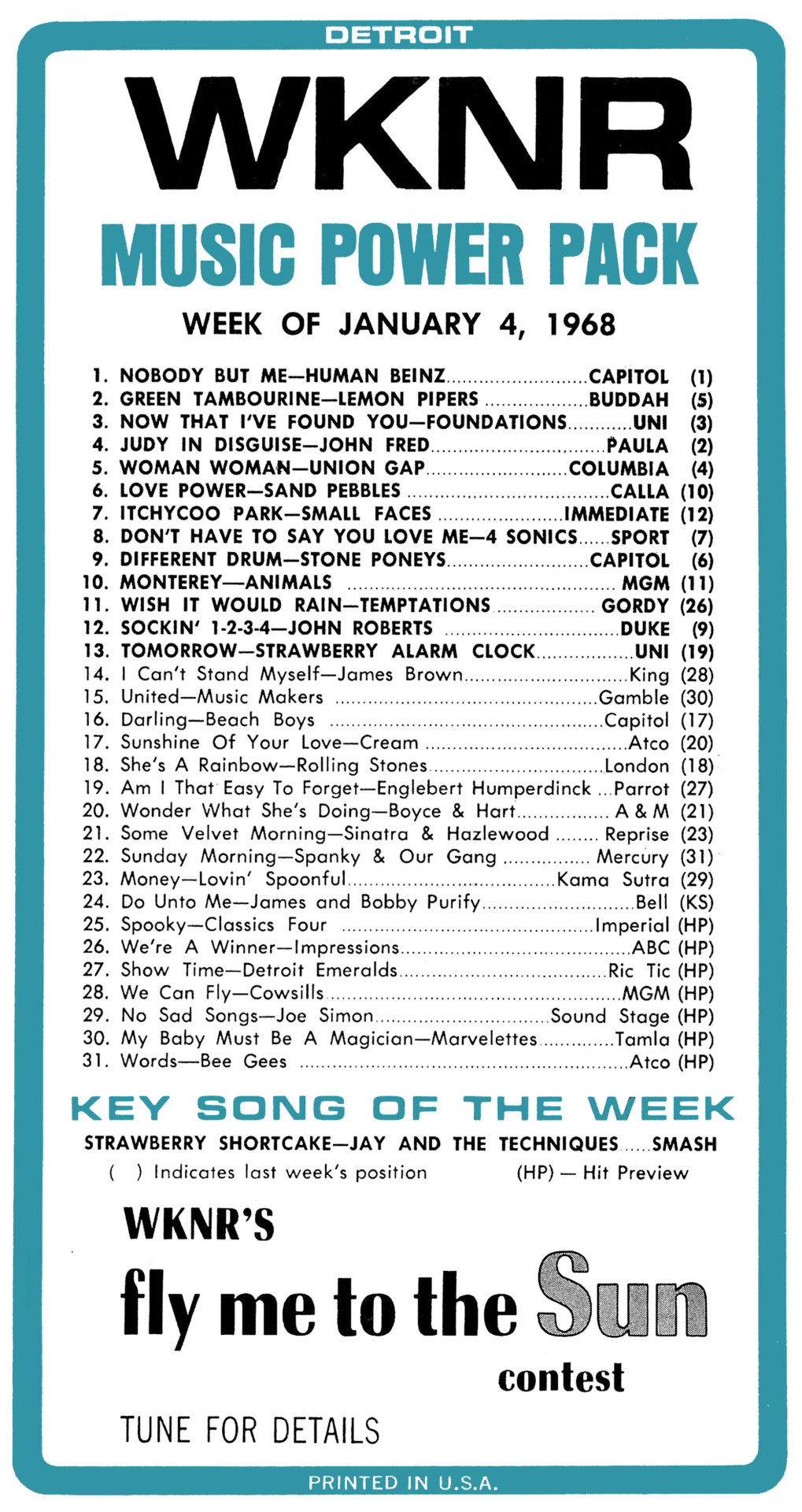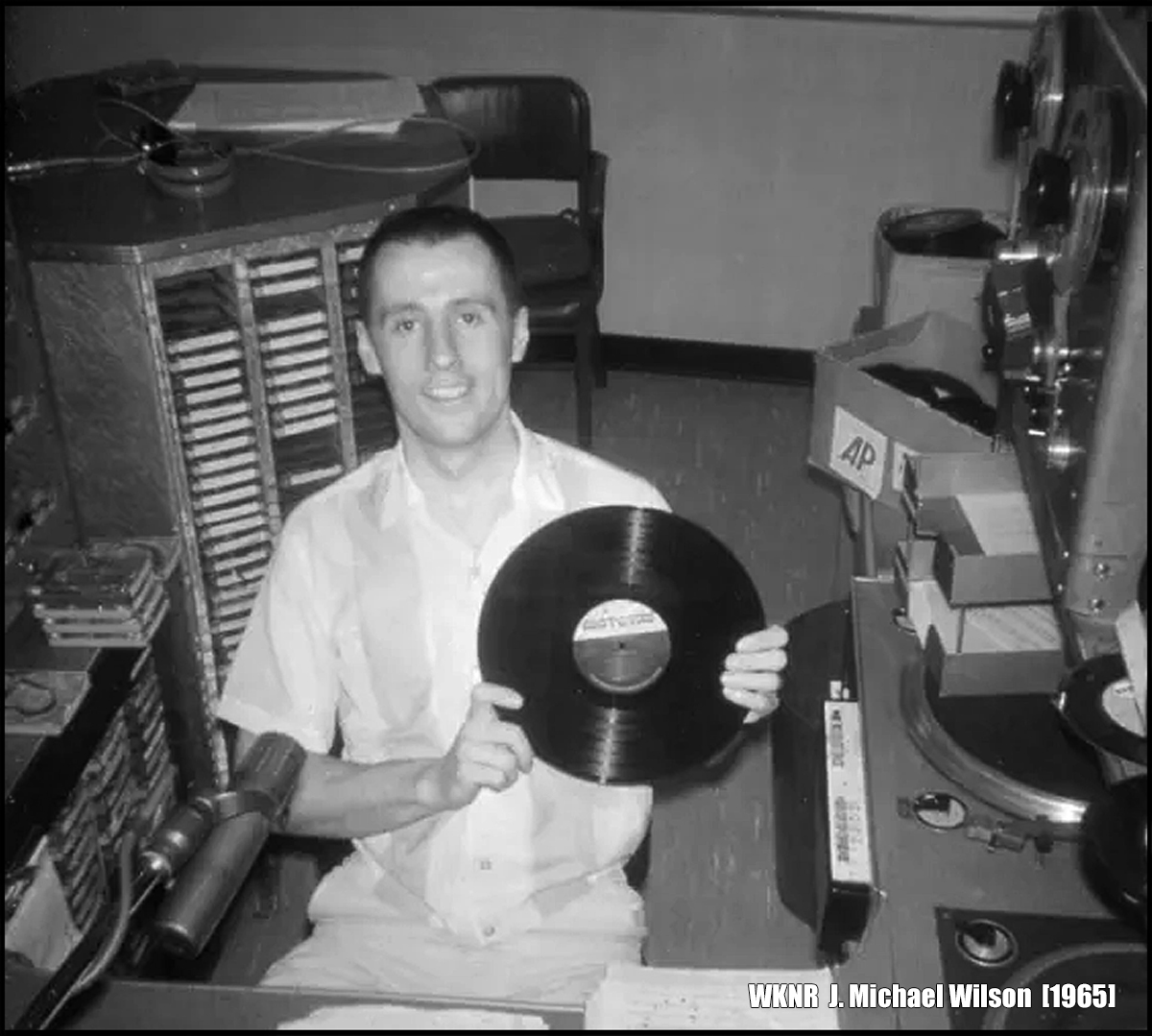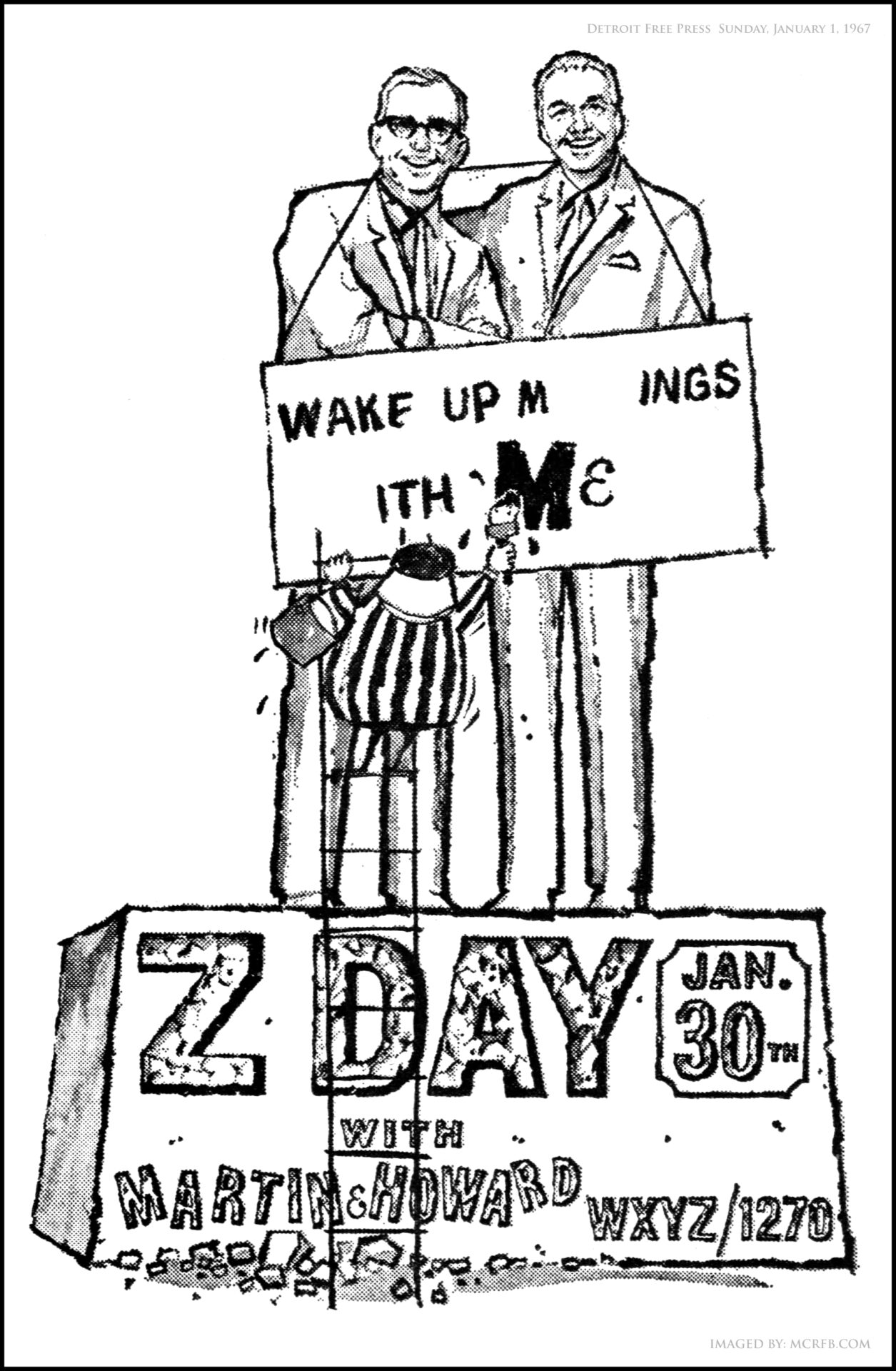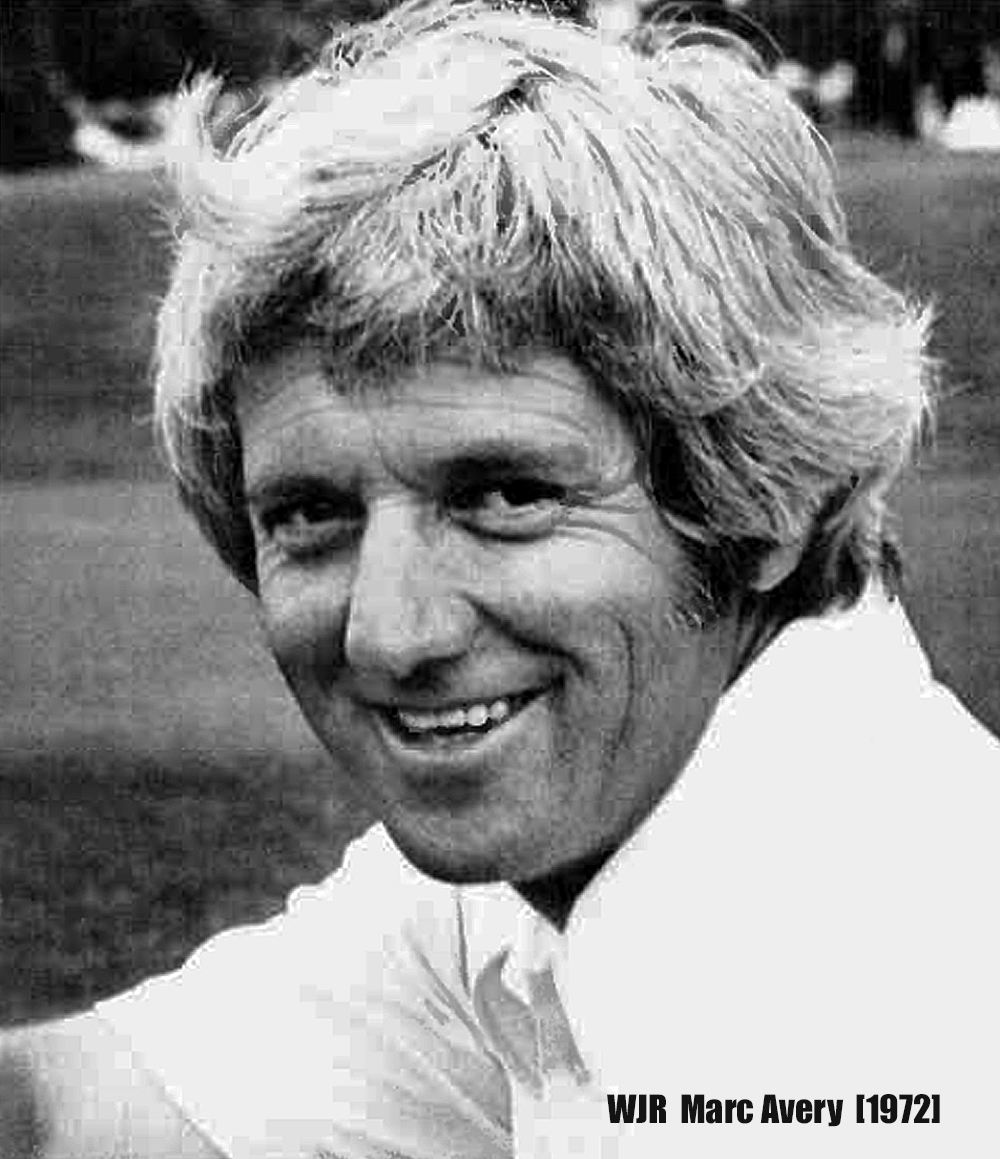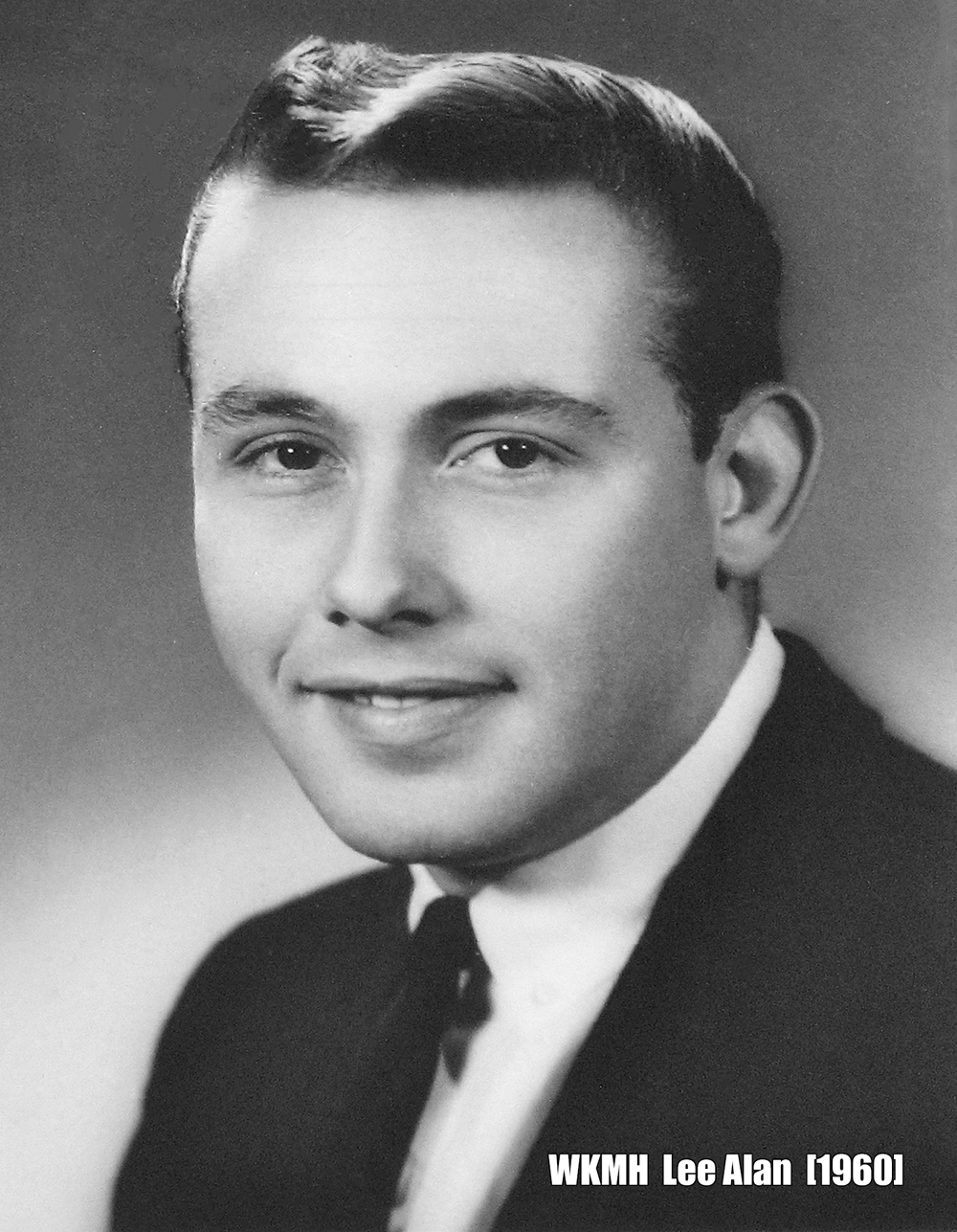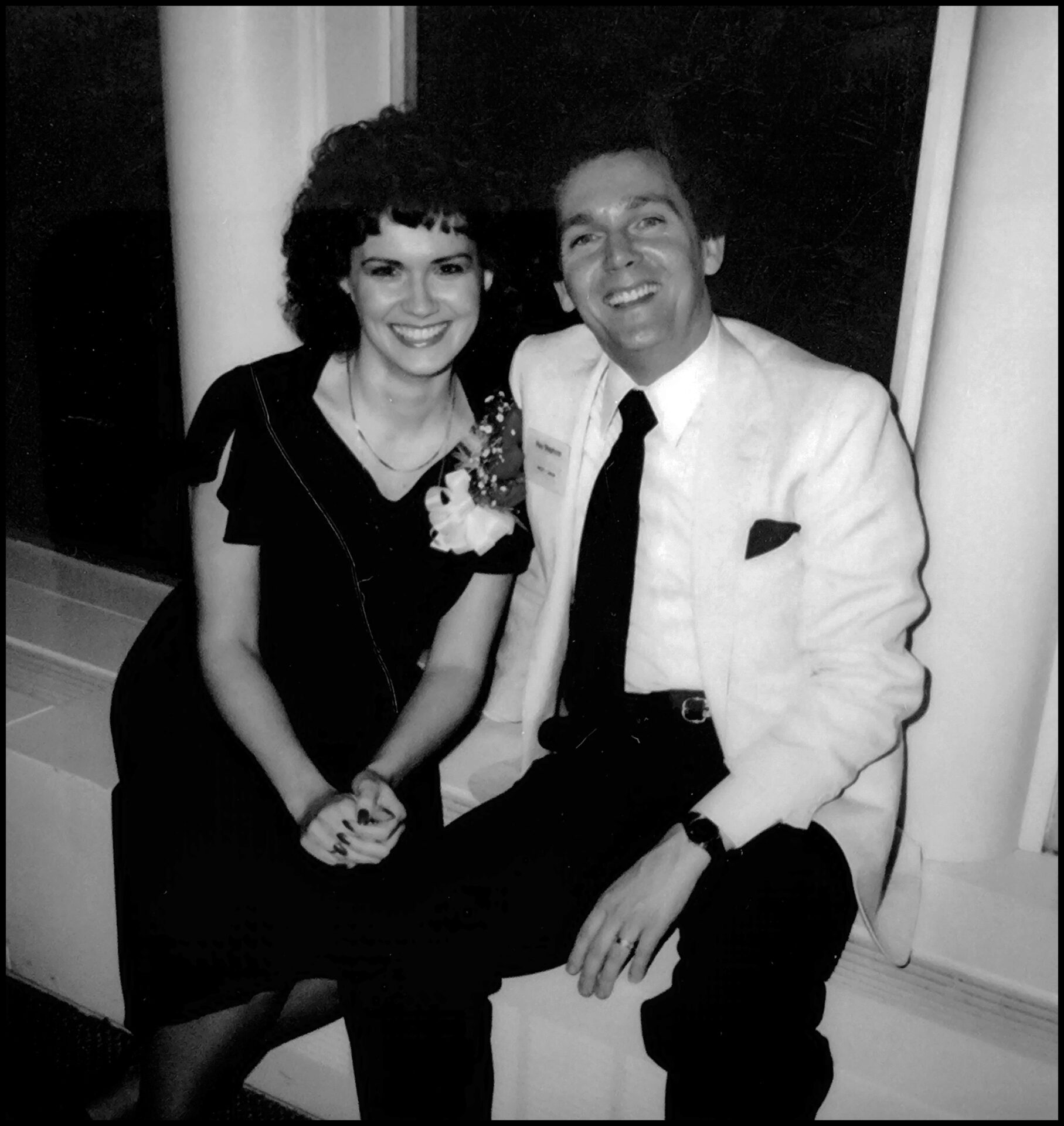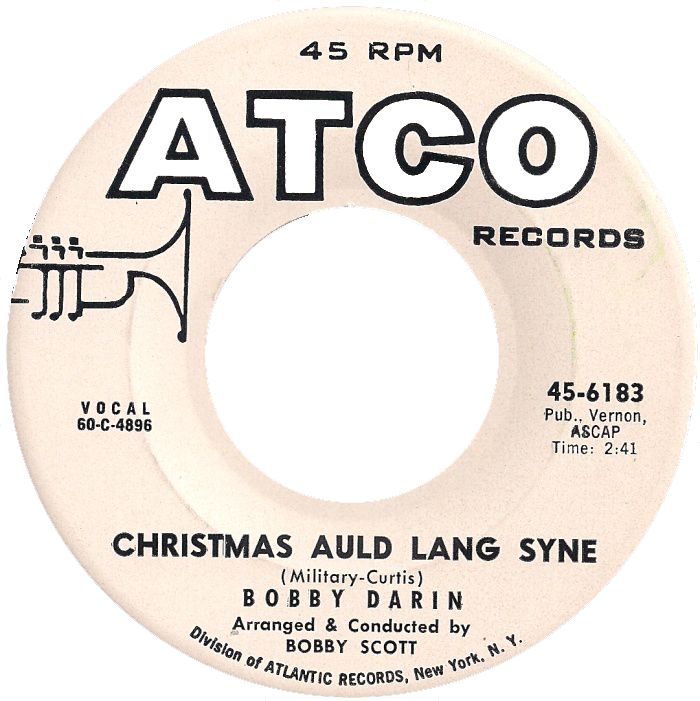 Toronto Site July 3, 4, 5; 25% of Gross to Peace Fund
Toronto Site July 3, 4, 5; 25% of Gross to Peace Fund
TORONTO — John Lennon has announced what could be the biggest pop music festival in history, with 25-per cent of the gross receipts going to a newly formed Peace Fund to be administered by a newly-formed Peace Council, which already includes John and Yoko Lennon, Dick Gregory, Rabbi Abraham Feinberg, and Jerry Wexler, Executive VP of Atlantic Records.
The Lennons spent a week in Canada at the invitation of a group of “Canadian friends.” Two press conferences - in Toronto and Montreal - were held during the stay, during which the couple announced the Peace Festival to take place at Mosport Park, near Toronto, on July 3, 4 and 5.

Lennon also took time out to reveal a new chain of peace radio stations, an international peace vote, Year One A. P., and an intimate Canadian involvement in his positive peace persuasion campaign.
Lennon also met with Canada’s Prime Minister, Pierre Trudeau, the country’s Health Minister, John Munro, and representatives from the Commission
into Drug Use, which is considering marijuana legalization in Canada.
The couple arrived on Tuesday (Dec. 16) and stayed at Ronnie Hawkins’ farm on the outskirts of Toronto for the duration of their visit. The day after their arrival, the Lennons outlined plans for the Peace Festival at a press conference.
“We have a strong group of people here in Canada to act on our behalf. One of them is John Brower, who produced the successful Toronto Pop Festival in June and the Rock ‘n’ Roll Revival in September, which the Plastic Ono Band played at,” Lennon said.
The local press asked John if the Beatles would be playing. “Of course I’ll try and hustle them out. Maybe I’ll get one or two of them. I got George in London the other night for the UNICEF concert. But I can’t speak for all the Beatles because I’m only me. But if I can get them, if I can get Elvis, I’ll try. I’ll try and get all of them. We want everybody who’s anybody in pop music to be up there on that stage in July.”
Lennon was quick to point out that the Peace Festival is only a charity affair after-the-fact. “We want to pay everybody involved because there’s no point in asking people to do something for nothing. If you’re to depend on people, they must be paid.”
Lennon also announced a network of peace radio stations, an event initiated by Canadian broadcasting magnate, Geoff Stirling. Stirling’s dozen stations were the first to join the network, and were quickly followed by ABC’s FM Love network and some affiliated ABC stations.

Any interested station can contact John Brower in Toronto (36 Elgin Avenue) for free radio peace station breaks by John and Yoko, and a tape of the regular John and Yoko peace report.
In conjunction with Brower’s Canadian company, the Lennons have launched an International Peace Vote. Ads will start appearing in music magazines shortly. People will be asked to vote for either war or peace.
Lennon said everyone interested in peace should regard the New Year as Year One A. P. (for After Peace).
Atlantic Records offered its phone services on Monday, Tuesday and Wednesday, Dec. 29, 30, 31, for transmission to key radio stations coast to coast of John and Yoko’s Year One welcome message. The message was broadcast by peace stations and scores of other stations on New Year’s Day.
The Peace Council will be responsible for administration of monies earned at the Festival, but it has already been pointed out that conventional charities will not be used. “We’re setting up our own scenes, to make sure that the job gets done,” Lennon said.
Noting that it had only been two weeks since he and Brower and another friend had got the concept together, Lennon said there had been no time to organize the talent lineup for the Festival. But apart from he and Yoko and the Plastic Ono Band, which would probably feature Eric Clapton, Lennon said the organizers had received confirmations on Led Zeppelin, the Who, Ronnie Hawkins, the Band, Jethro Tull, King Crimson, Joe Cocker and Grand Funk Railroad. He again stated that he would be personally inviting “everybody who’s anybody.”
The Canadian media met Lennon’s peace campaign with sympathy and full support, with one reservation. They suggested John and Yoko should also consider unleashing their campaign behind the Iron Curtain. “Sure,” Lennon retaliated, “and we want to. It’s just a matter or deciding the best way to do it. Right now our U.S. business manager, Allen Klein, is working on taking the Peace Festival, or a nucleus thereof, to Russia after the Canadian debut.”
_______________
Information, credit and news source: Record World, January 10, 1970

![]()


